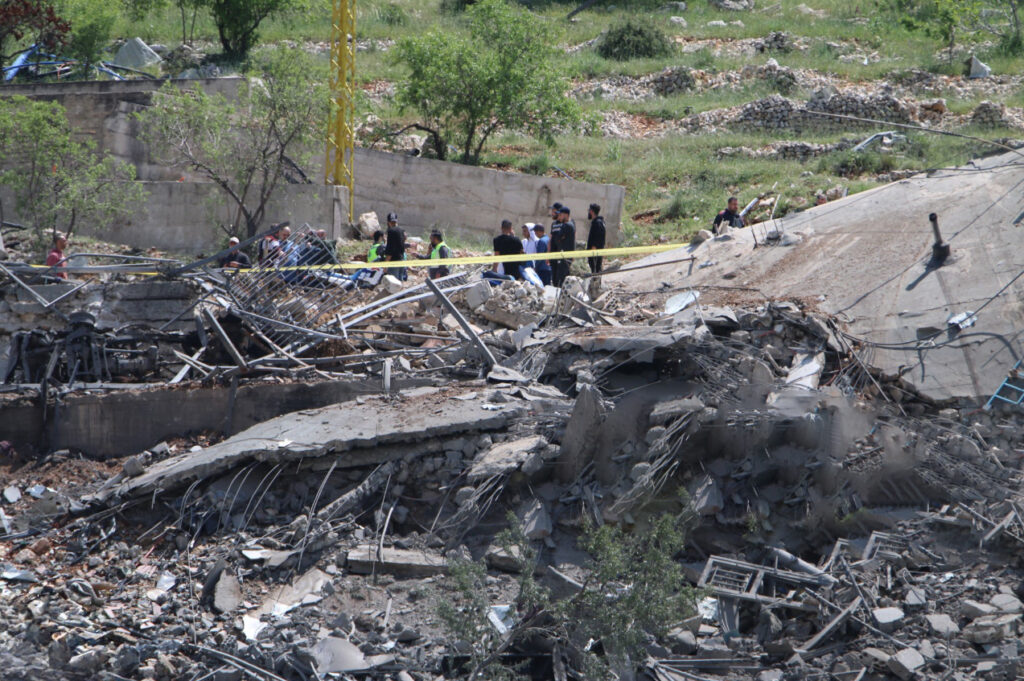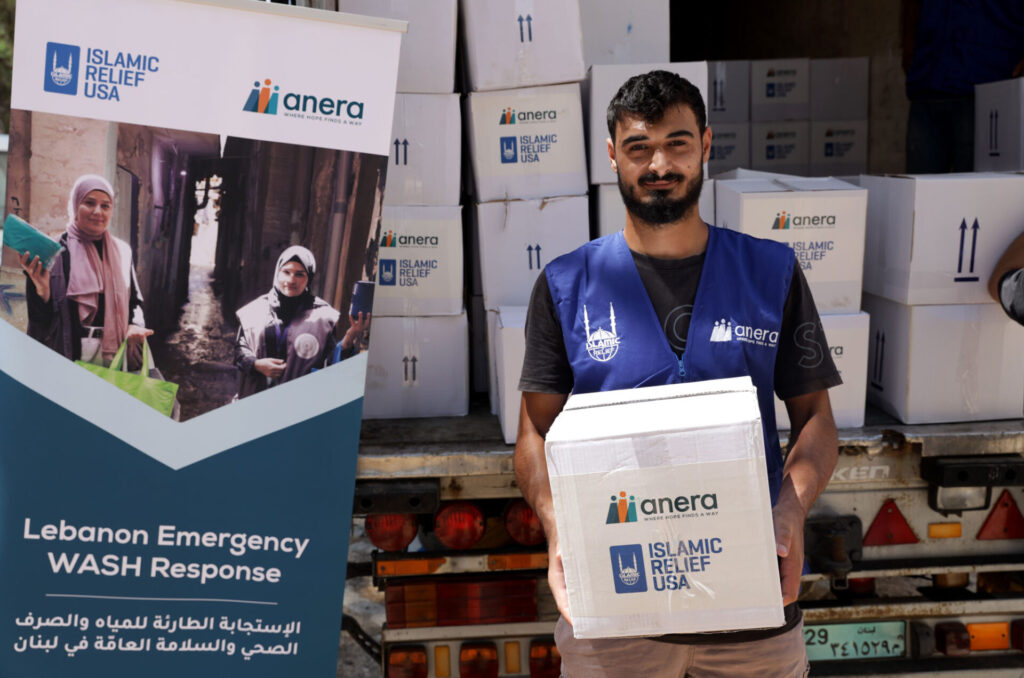Responding to the Prospect of a Widening War in Lebanon
Posted in: News
Lebanon is confronting the terrifying possibility that the silent, “unofficial war” that has been ongoing for 10 months between Israel and non-State armed groups in South Lebanon will widen and intensify. In recent weeks, the assassination of senior Hezbollah commander Fuad Shukr in Beirut and Hamas leader Ismail Haniyeh in Tehran intensified tensions across the region. The region is bracing for the anticipated retaliatory strikes from Hezbollah and Iran, and the very real possibility of full-blown war.
Since October 2023, more than 102,000 civilians have been displaced in Lebanon, and 101 people have been killed, including children. The war has already caused extensive damage to Lebanon’s civilian infrastructure, with thousands of buildings, agricultural lands, water facilities, and health centers impacted. And with over 340,000 livestock killed in the escalations, food insecurity is a growing concern.
While we hope a regional war is averted, Anera is prepared to respond to the humanitarian needs in Lebanon should the hostilities escalate. We are taking strategic measures to address the growing needs of those affected, particularly in the most vulnerable regions.


Anera has been present in Lebanon for many decades, responding to some of the most devastating humanitarian crises, including the 2006 war, the Beirut port explosion, the ongoing refugee crisis and the economic collapse.
Coordinated Efforts to Help Displaced Families
Many displaced individuals are seeking shelter with family or friends, avoiding collective shelters when possible. However, the most vulnerable, including those without savings or alternative income sources, are forced to rely on these shelters. In response, Anera is pre-positioning contingency stocks to support these individuals, particularly with essential health supplies and we are actively participating in several coordination platforms to ensure a cohesive response to the crisis.
Our multisectoral emergency response has already provided food parcels to 10,540 people; distributed $97,050 in cash assistance to 1,941 vulnerable families; and equipped 120 internally displaced, at-risk girls with market-relevant skills for employment. We also trained 20 youths to produce kits with clothing and blankets for 2,325 children and 4,000 displaced individuals in southern Lebanon. In the coming days, we will be providing food, cash, and menstrual hygiene kits under OCHA’s Lebanon Humanitarian Fund project.


The needs, however, are vast and continually increasing, with displacement numbers potentially reaching 250,000 or more.
Addressing Health Needs
The health sector in Lebanon is under tremendous strain. Our team has established a command and control center with the Ministry of Public Health to monitor the situation and coordinate hospital responses. Specialized medicines for diseases like thalassemia, multiple sclerosis, cancer, and HIV are in high demand.
Anera has a well-established medical aid program in Lebanon, through which we are able to mobilize medicines and healthcare supplies to hundreds of local health partners. We have some supplies prepositioned in our distribution centers and can rapidly ship donated medicines through our partnerships with local partners.
Long-Term Recovery and Livelihood Support
While responding to immediate needs, Anera also focuses on long-term recovery efforts.
We are prioritizing youth skill development and employment across various sectors. Our youth employment programs, supported by organizations like UNICEF, are crucial for helping young people build livelihoods by providing them with practical knowledge and tools to succeed. As part of this endeavor, Anera trains nurses – a profession that is understaffed and has shown a high potential for employment.
Agriculture and food security are also key components of Anera’s recovery strategy. We focus on supporting farmers who have lost their land in the conflict, as well as expanding greenhouses and rooftop gardens across Lebanon. These initiatives not only address immediate food needs but also contribute to long-term resilience by creating sustainable livelihoods.


And Finally…
Anera is committed to addressing the multifaceted challenges posed by the escalating hostilities in Lebanon. As the situation continues to evolve, we will remain vigilant, adapting our response to meet the needs of the most vulnerable populations in Lebanon. Through coordinated action and continued support from our donors, we are determined to help the people of Lebanon navigate this crisis and work towards a brighter future.
In the meantime, we urgently call upon all parties involved and the international community to push for a ceasefire in Gaza and an end to the conflict in Lebanon and the region.
OUR BLOG
Related
The LHIF and LHDF, including Anera, have issued a joint statement urgently calling for an immediate ceasefire and an end to the conflict in Lebanon.

